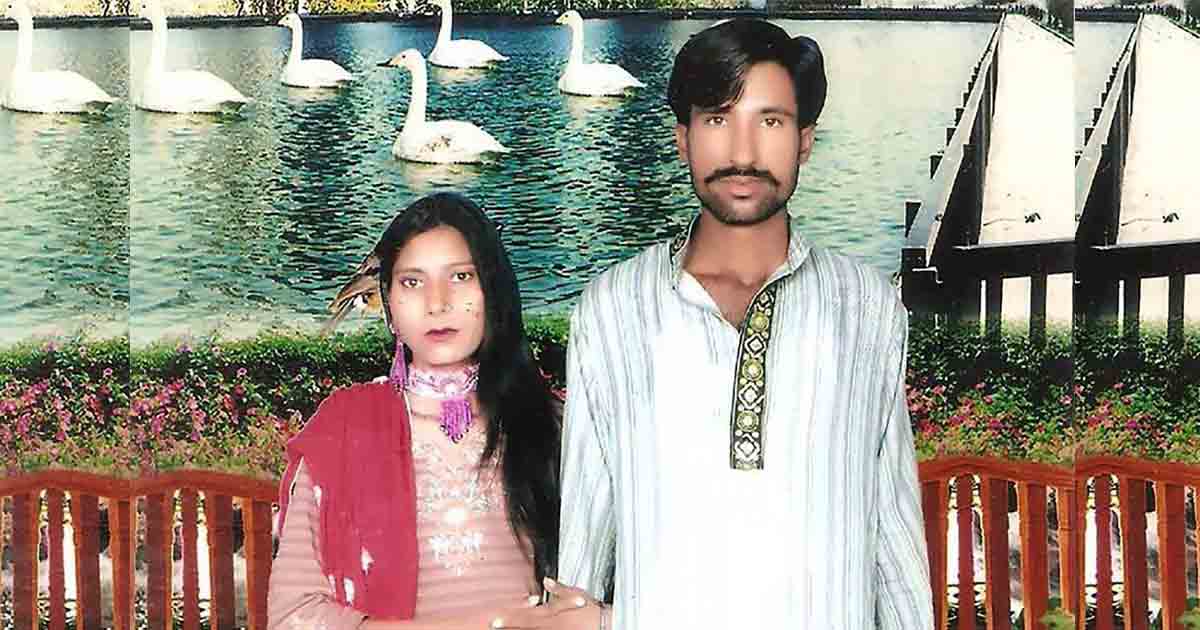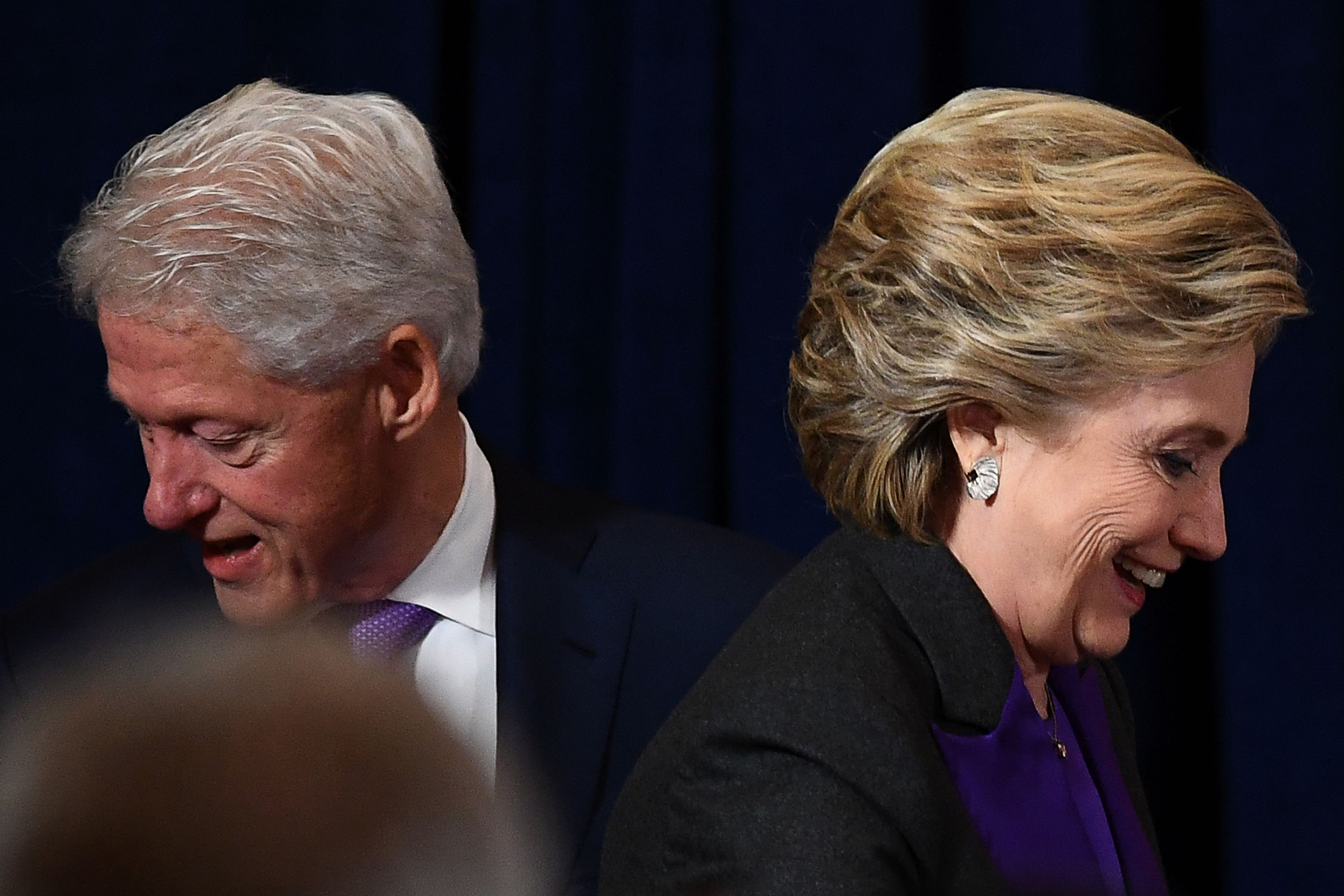News Desk |
The Lahore High Court (LHC) acquitted two of the five sentenced to death for lynching and burning a Christian couple in Kot Radha Krishan area of Kasur in 2014. The couple was falsely accused of committing blasphemy, were brutally lynched and burned alive in a kiln.
However, the LHC has dismissed the appeals submitted by the remaining three accused and upheld their death sentences. The verdict was announced by a two-member bench of the LHC, led by Justice Muhammad Qasim Khan.
Earlier in November 2016, an Anti-Terrorism Court had sentenced the five accused to death penalty for lynching Shahzad Masih and Shama Bibi, a Christian couple implicated in false blasphemy accusations. The five convicts include Muhammad Hanif, Riaz Kamboh, Irfan Shakoor, Mehdi Khan and a cleric named Hafiz Ishtiaq.
It was a catalyst of fear and religious intolerance that forced many Christian families living in Punjab and Kasur to abandon their lifelong homes and flee the region.
The Anti-Terrorism Court had also ordered two-year jail terms for eight other accused who were held for aiding and abetting the murders. These include Muhammad Haris, Muhammad Arsalan, Noorul Hasan, Muhammad Hussain, Muhammad Muneer, Hafiz Shahid, Irfan, and Muhammad Ramazan.
The Lahore High Court has accepted the appeals against the death penalty put forward by cleric Hafiz Ishtiaq and Muhammad Hanif, and ordered their acquittal.
Brutal Lynching of Christian Couple
The horrifying murder of Shahzad Masih and his wife, Shama Bibi on 4th November 2014, shocked the entire nation and Christian community with its barbaric and inhumane nature. It was a catalyst of fear and religious intolerance that forced many Christian families living in Punjab and Kasur to abandon their lifelong homes and flee the region.
Read more: Blasphemy and exploitation by religious extremists
Shahzad and Shama, an illiterate couple, had falsely been accused of blasphemy, the perpetrators and the supporters of the attack accused them of tearing out pages of the Holy Quran and disposing them off in garbage.
Witnesses who saw the attack reported to the press that a violent mob of hundreds of angry people gathered at the house of the Christian couple near the quaint town of Kot Radha Kishan, assaulting them with stones and sticks, and finally, their bodies were thrown into a brick kiln.
A report filed by the local police states that a Rescue 15 was briefed that Shama, Christian women who was employed by Yousaf Gujjar at his brick kiln situated in Chak No. 59, was accused of violating the sanctity of the Holy Quran by burning its pages.
The police had registered the names of 140 individuals in the case, but later, Riaz Anjum, the lawyer of the brutally murdered Christian couple’s family, confirmed that in total, 103 people were charged by the court.
Sub-Inspector, Muhammad Ali and ASI Abdul Rasheed, amongst other police personnel, were the first to reach the scene and discovered that over 600 people were gathered around the brick kiln, and continued lynching the couple despites the attempts made by police officials to halt the beating.
The police officers revealed to the press that they attempted to stop to the beating and even tried controlling the angry mob from damaging and cracking open the roof of the brick kiln, which they were removing to throw the Christian couple into the flames. However, the policemen were also beaten and pushed out of their way.
It didn’t take long for the angry mob to throw the Christian couple into the brick kiln, and this brutal murder was carried out in the presence of police, and other eyewitnesses, which include Shahbaz, Iqbal, Nazir, and Imran Masih.
Read more: Pakistan Christian in last appeal on blasphemy death sentence
The postmortem report of the couple reveals that both husband and wife were burned alive, and the cause of death was listed as “burning from dry heat”.
Falsely Accused & Burnt Alive
After the couple was burnt alive, it was revealed that they had been falsely accused. The details of the actual story emerged such that Shahzad’s father, a spiritual healer, often used pages that contained inscriptions in various languages to carry out his healing practices. And since he had passed away shortly before the attack on his son and daughter-in-law, the couple was burning away some of the documents and pages he had written on.
The police had registered the names of 140 individuals in the case, but later, Riaz Anjum, the lawyer of the brutally murdered Christian couple’s family, confirmed that in total, 103 people were charged by the court.
Statistics collected by the Center for Social Justice, a Lahore-based NGO, reveal that during the period of 1987 and 2016, around 1,472 people were charged with blasphemy.
However, in a disappointing turn of events, 90 of the accused were acquitted, including the brick kiln owner, who had been accused by the locals for locking up the Christian couple to secure his debt given to the couple as they attempted to escape out of fear.
Earlier in April, a bench of the Lahore High Court provided its verdict upon hearing the arguments of the prosecution and defence, and it was observed that the owner of the brick kiln, Yousaf Gujjar, had falsely accused the Christian couple of committing blasphemy over a financial dispute.
Misuse of Pakistan’s Blasphemy Law
Over the years, false accusations of blasphemy have claimed many lives in Pakistan, and the heartbreaking cases of Asia Bibi, Mashal Khan, Qutab Rind and this brutally lynched Christian couple are only a few to name.
Read more: Understanding Asia Bibi case: Acquitted from blasphemy death sentence
The Blasphemy Law itself has not led to any convictions since its introduction, however, it is used by political and religious groups, and individuals for their own personal interests. In Gen Zia-ul-Haq’s tenure, the blasphemy law was modified and life imprisonment was added for those who desecrated the Holy Quran. Moreover, under Section 295-C, added in 1986 after a parliamentary consensus, using derogatory remarks for the Holy Prophet (SAW) was made a criminal offence.
In theory, the rules and regulations of the law clearly point out that apologizing in front of the court and credible witnesses, along with assuring the authorities that such an offence will not be repeated is sufficient grounds for acquittal, even if the accused has indeed committed blasphemy. Unfortunately, majority of the cases that have come forward, and captured mainstream media attention, have been those of false accusations, and in practice, the legal regulations, and the nature of dealing with such offenders is such that it does not allow transparency and justice.
Statistics collected by the Center for Social Justice, a Lahore-based NGO, reveal that during the period of 1987 and 2016, around 1,472 people were charged with blasphemy. Another report by the Center for Social Justice, submitted to the Fides New Agency, reveals that 74% of all blasphemy-related cases are reported for Punjab.
Read more: Why the corrupt use of the Blasphemy law undermines all
The report indicated that Punjab has witnessed an “extraordinary increase” in the number of blasphemy cases over the past thirty years, while the district of Lahore is responsible for 11% of all the cases recorded in the country. The Center for Social Justice stated, “Given that the Lahore district is home to many religious groups promoting a narrative based on religious intolerance, it is not difficult to understand why Lahore has become an epicenter of the abuse of blasphemy laws”.














